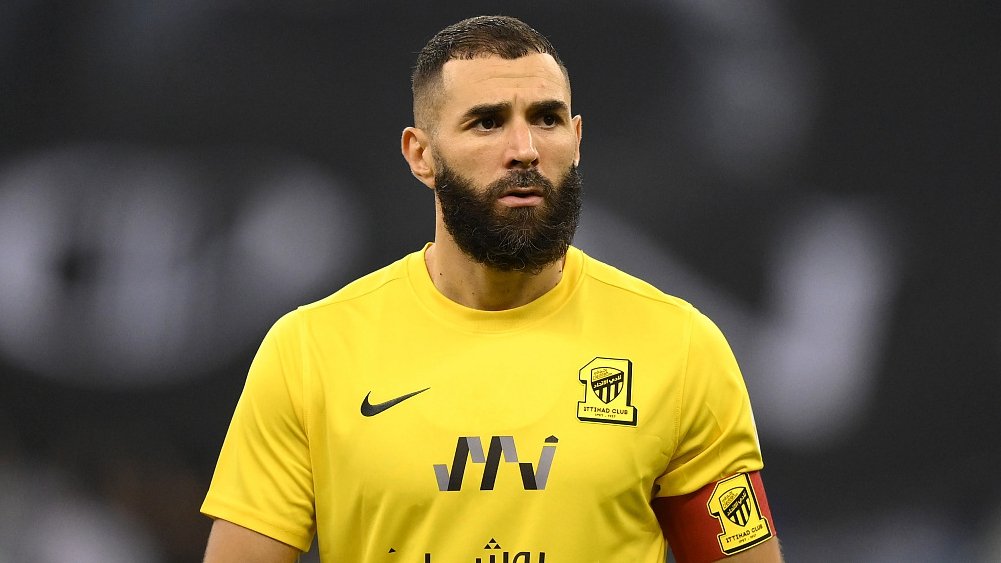The landscape of modern football is increasingly being shaped by the concept of player power, a dynamic that has become a pivotal factor in the management and coaching of top football clubs. This phenomenon has been brought to the forefront following the recent departure of Nuno Espirito Santo from Saudi Pro League champions Al-Ittihad.
Nuno’s exit from Al-Ittihad, coming after a tenure marked by both success and challenges, highlights the complex relationship between coaches and star players in today’s football environment. Jose Mourinho, another prominent figure in the coaching world, has previously commented on the shifting balance of power, noting the growing challenge between coaches and players in managing and cultivating relationships within a team.
Espirito Santo’s journey at Al-Ittihad began in July 2022, following a successful stint at Wolverhampton Wanderers. His tenure at Al-Ittihad saw him lead the Jeddah-based club to the Saudi title last season. However, the current season has been less favorable, with the team winning only six out of 12 league games. The situation was compounded by a 2-0 loss to Air Force Club of Iraq in the Asian Champions League, prompting the club’s management to make a decisive change.
Reports have surfaced indicating that Nuno’s relationship with high-profile signing Karim Benzema was a significant factor in his departure. Tensions between the two reportedly escalated during the half-time of the match against Air Force Club, with a confrontation arising from Nuno’s criticism of Benzema’s performance. The exchange, which involved Nuno urging Benzema to exert more effort and Benzema responding defensively, exemplifies the challenges faced by coaches in dealing with influential players.
Following this incident, Benzema reportedly approached the Al-Ittihad board to express his concerns, suggesting that Nuno’s approach was hindering the club’s progress. This conversation ultimately led to Nuno’s dismissal, reflecting the growing trend of player influence in decision-making processes within clubs.
The aftermath of Nuno’s departure has sparked speculation about Al-Ittihad’s next managerial appointment, with rumors indicating a preference for a French coach to align with Benzema’s vision. Names such as Laurent Blanc and Zinedine Zidane have emerged as potential candidates, highlighting the club’s intent to find a coach who can synergize with their star player.
This scenario underscores the evolving dynamics in football management, where the traditional authority of coaches is increasingly challenged by the influence of key players. As clubs strive to balance team harmony and performance, the role of the coach is being redefined, requiring adaptability and a nuanced approach to player management. Nuno’s experience at Al-Ittihad serves as a case study in this ongoing shift, illustrating the delicate balance that coaches must navigate in the era of player power.
READ MORE:
